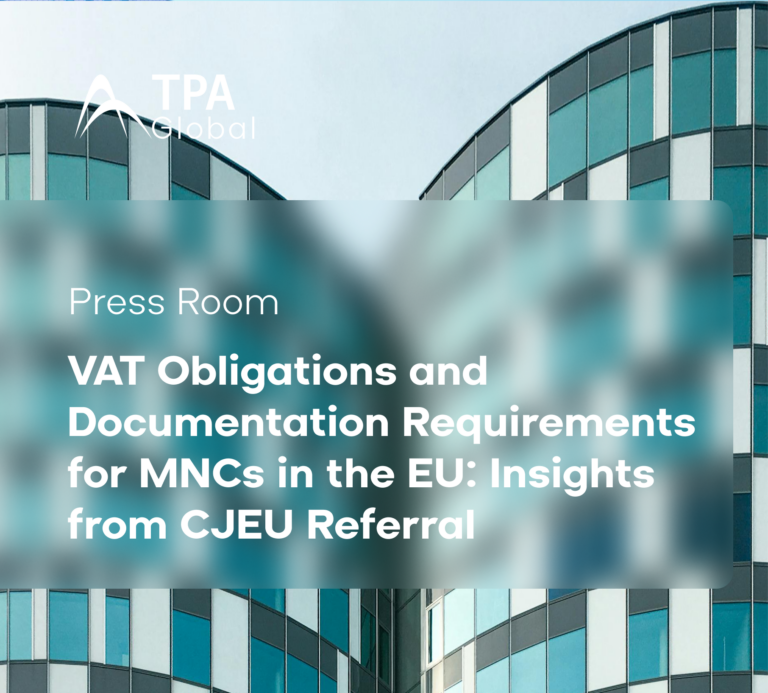Type: Draft Legislation
On September 20, 2019, the parliament adopted draft law no. 1053-1 (the draft law) in the second reading. The draft law proposes to implement electronic invoices as an anti-abuse measure for individual entrepreneurs subject to the simplified tax regime. The electronic invoice system will be introduced from October 1, 2020 for the industries that are most susceptible to tax fraud (such as retail and catering) and will generally apply from January 1, 2021.
During the transitional period, the following fines will apply:
- 10% of the price of the purchased goods for the first offence; and
- 50% for the second offence.
After the implementation of the electronic system, the fines will amount to 100% and 150%, respectively.
In addition, from January 1, 2021, the maximum annual revenue for the application of the simplified tax regime by the individual entrepreneurs will increase from UAH 1.5 million to UAH 2.5 million.
Effective date: January 1, 2021 (anticipated)


